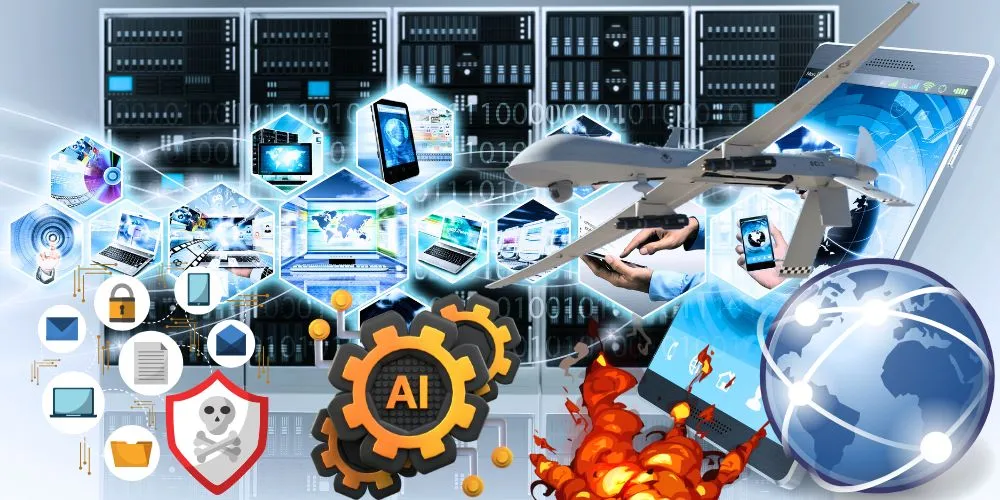As our world becomes increasingly interconnected through technology, fostering a global environment of harmony is not just an ethical choice but a strategic necessity. In the labyrinth of the tech landscape, steering our focus toward peace is not merely an idealistic pursuit but a pragmatic approach essential for sustainable progress.
The growth of technology, particularly in artificial intelligence, cybersecurity, and biotechnology, has the potential to revolutionize industries, economies, and societies. This innovation surge also brings new challenges and risks that demand careful consideration. From cyber threats to the ethical implications of advanced technologies, the tech landscape is rife with potential pitfalls that could disrupt the delicate fabric of global peace and stability.
One poignant example is the rise of cyber warfare. As nations leverage technology for defense and intelligence, cyberattack threats loom large. The interconnectedness of critical infrastructure, financial systems, and communication networks renders countries vulnerable to malicious actors. Prioritizing peace in this context means fostering international collaborations to establish robust cybersecurity frameworks, norms, and treaties that deter cyber aggression and promote global digital security.
Furthermore, the ethical dimensions of emerging technologies demand our unwavering attention. As artificial intelligence progresses, questions about its responsible use, potential biases, and the impact on employment patterns surface. Prioritizing peace in this context involves establishing ethical guidelines and international agreements that ensure the development and deployment of technology align with human values and societal well-being.
The increasing prevalence of autonomous weapons systems also raises ethical concerns. Striking a balance between technology innovation and the preservation of human rights requires a commitment to international treaties regulating such technologies. A proactive approach to preventing the weaponization of artificial intelligence is crucial for maintaining global peace and preventing the escalation of conflicts.
Moreover, the digital divide between nations and communities widens as the technology landscape evolves. Ensuring that technological advancements benefit all of humanity rather than exacerbating existing inequalities is a key component of fostering global peace. Initiatives focused on providing access to technology and digital education and bridging the technological gap can contribute to a more equitable and peaceful world.
The lessons learned from the Cold War era nuclear disarmament efforts are instructive in navigating the tech landscape. The strategic choice to prioritize diplomacy, dialogue, and arms control agreements was pivotal in preventing catastrophic conflicts. Applying similar principles to the current technological landscape, fostering international cooperation and open communication channels can mitigate the risks of using advanced technologies.
As we stand on the precipice of unprecedented technological growth, prioritizing peace becomes a guiding principle for a resilient and harmonious future. By recognizing the potential risks, embracing ethical considerations, and fostering international collaboration, we can harness the power of technology as a force for positive global transformation. In the landscape of innovation, the path to sustainable progress is paved with the values of peace, cooperation, and a shared commitment to the well-being of humanity.












